
We do not lack any capacity to do what’s needed to be done. We have thousands of engineering firms and contracting firms who are ready to take on an increased workload, and what we’re waiting for is for government agencies and private parties to pull the trigger to unleash that capacity. The constraints on moving forward can be summarized in two words: political will. There’s insufficient political will to undertake such a program, both in the administration and in the Congress.
View this complete post...












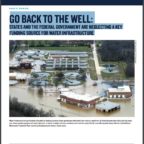

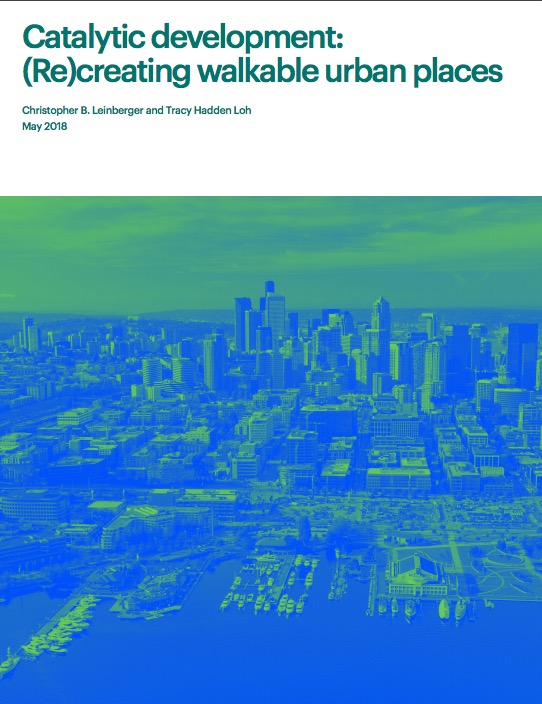

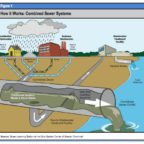
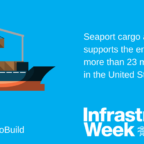
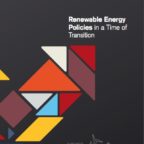


 RSS Feed
RSS Feed